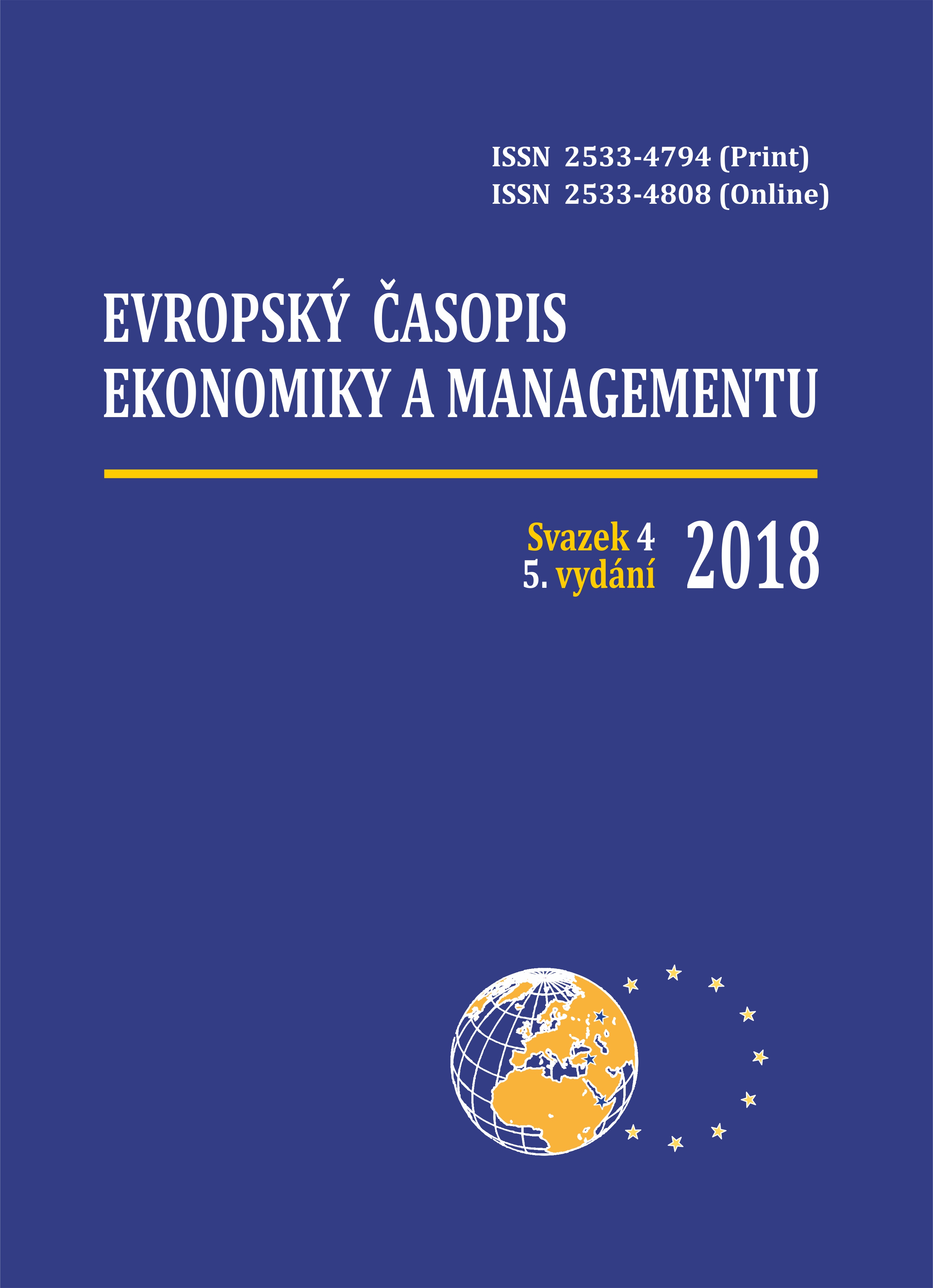DOI: 10.46340/eujem.2023.9.6.1
Victor Kipiani, PhD in Law
Geocase, Tbilisi, Georgia
How to cite: Kipiani, V. (2023). The New Economic “Autarchy”: on a Few Fundamental Global Trends and Important Expectations. European Journal of Economics and Management, 9, 6, 5-11. https://doi.org/10.46340/eujem.2023.9.6.1. https://doi.org/10.46340/eujem.2023.9.6.1
Abstract
The end of the Cold War not only heralded an idyll in international relations, but also promised maximum access to the accumulated economic benefits worldwide through various alliances, pacts or initiatives. It is indicative that Francis Fukuyama’s The End of History, which proclaimed the almost eternal, unconditional and irreversible “Good has triumphed over evil”, has become a kind of quintessence of the “Golden Era” attitude of the developed and developing world.
Fukuyama’s understanding of international politics was supposed to manifest itself in the global economic picture. And although globalism in the economy does not always equal the global economy, but here too the full irreversibility of cosmopolitanism, universalism or internationalism was expected.
Accordingly, the idea of economic globalisation in global geospace became a kind of mantra, and the opposite view was seen as “turning our backs on the world” and declared the object of an attack on total obstruction. The only exception in the “mainstream” was the creation of large trading blocs, which ultimately, again, contributed to the global economic texture. At first glance, this process in some places had the character of de-globalisation, but only at first glance, but in reality and in practice its final result was the global universalisation of the rules of the game in the world economy.
Thus, the very notion of “globalisation” has turned into a synonym for economic welfare, while the practical forms and mechanisms of obtaining and redistributing this welfare have become the only topic of discussion. The economic drive towards globalisation and the belief in the inevitability of this trend continued until several large-scale shocks rocked much of the world and the existing order.
Keywords: Economic security, Globalisation, Middle East, Cold War, EU, USA, Russia, China.
JEL: F02.
